Vocabulary Building Normal Alphabet Worksheets for Ages 6-7
9 filtered results
-
From - To
Enhance your child's vocabulary with our engaging Vocabulary Building Normal Alphabet Worksheets designed specifically for ages 6-7. These worksheets offer an interactive approach to learning, helping young learners explore new words and expand their language skills. With fun activities that incorporate letters and sounds, children will build a strong foundational vocabulary while enjoying each lesson. Our worksheets cater to various learning styles, ensuring every child can thrive. Perfect for both classroom and home use, these resources will keep kids motivated and excited about learning. Equip your child with essential vocabulary skills today – visit our website to download your free worksheets!
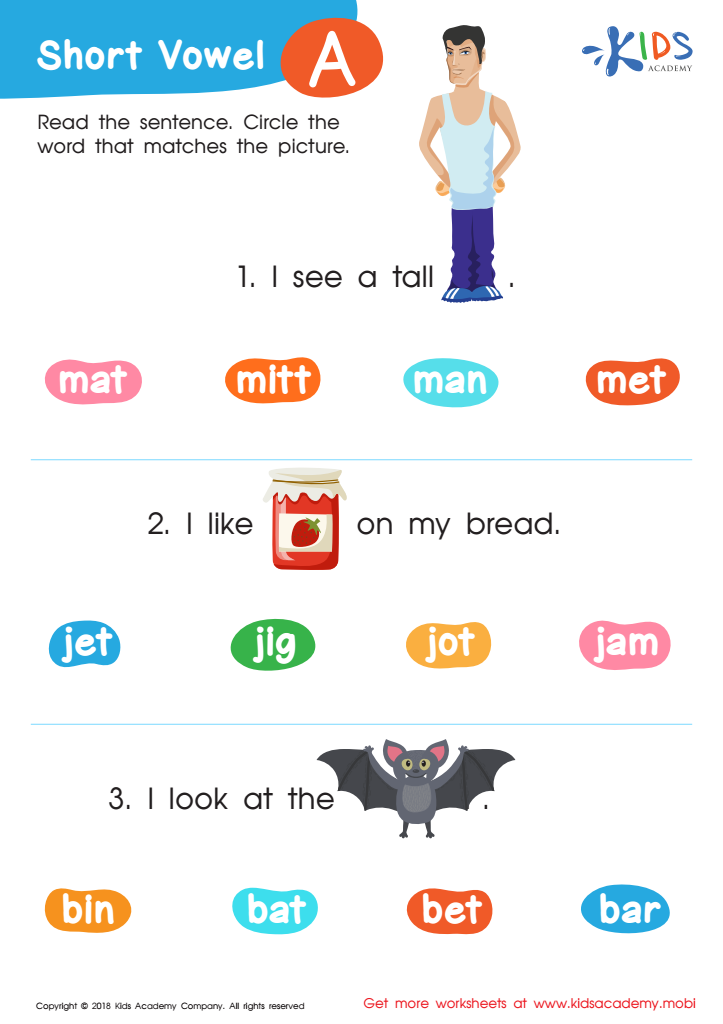

Short Vowel /a/ Worksheet
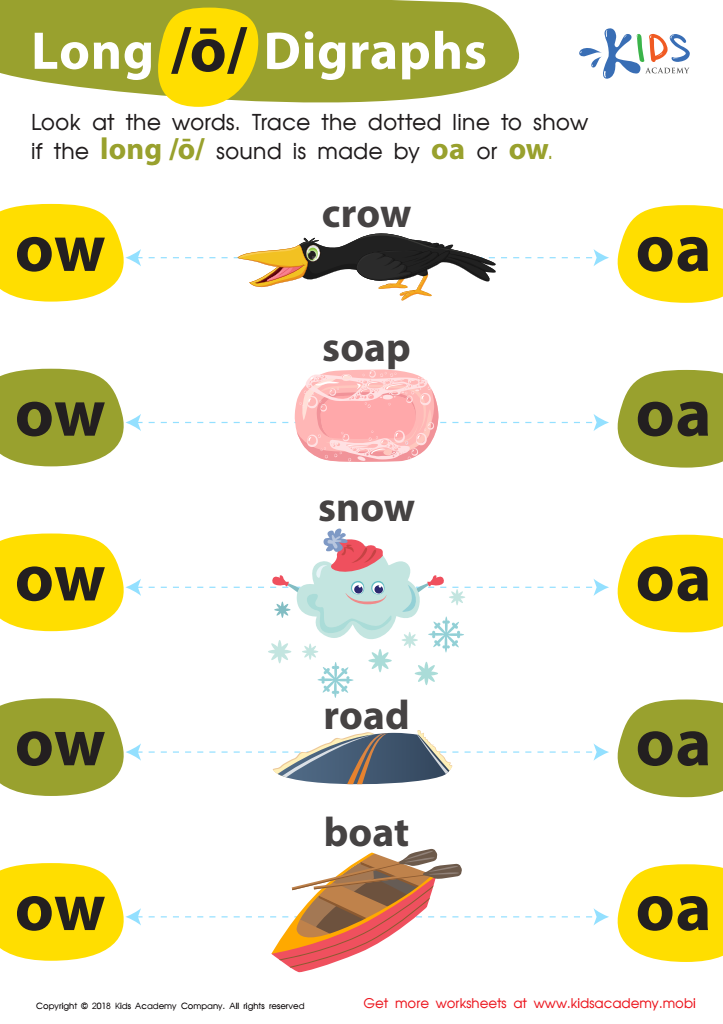

Reading: Long O Digraphs Worksheet
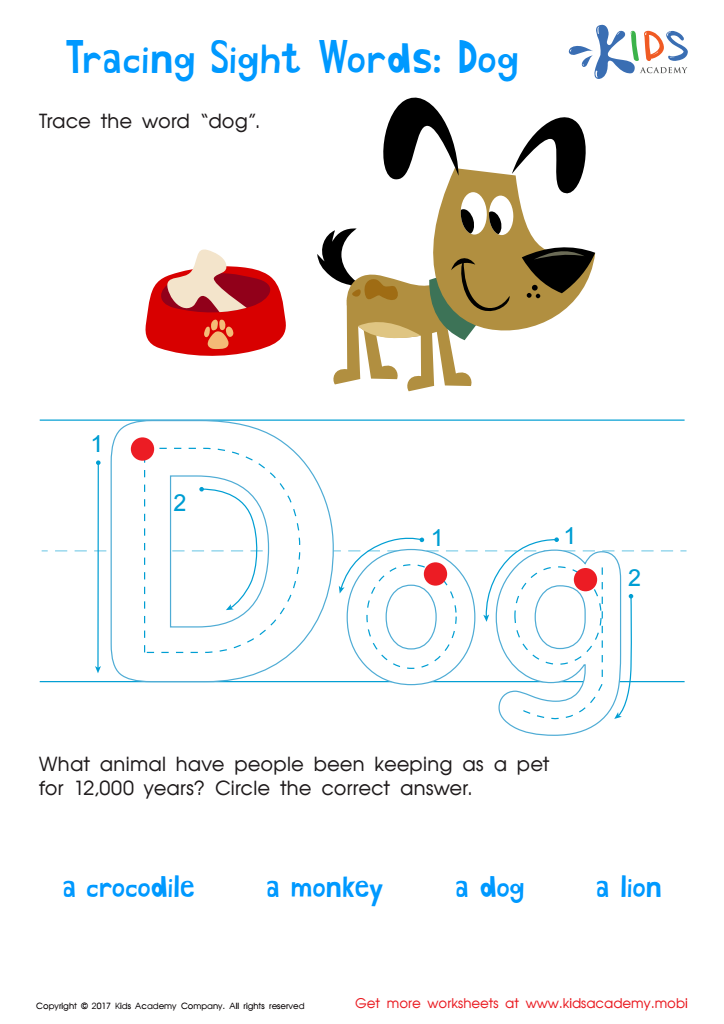

Dog Worksheet Sight Words Worksheet
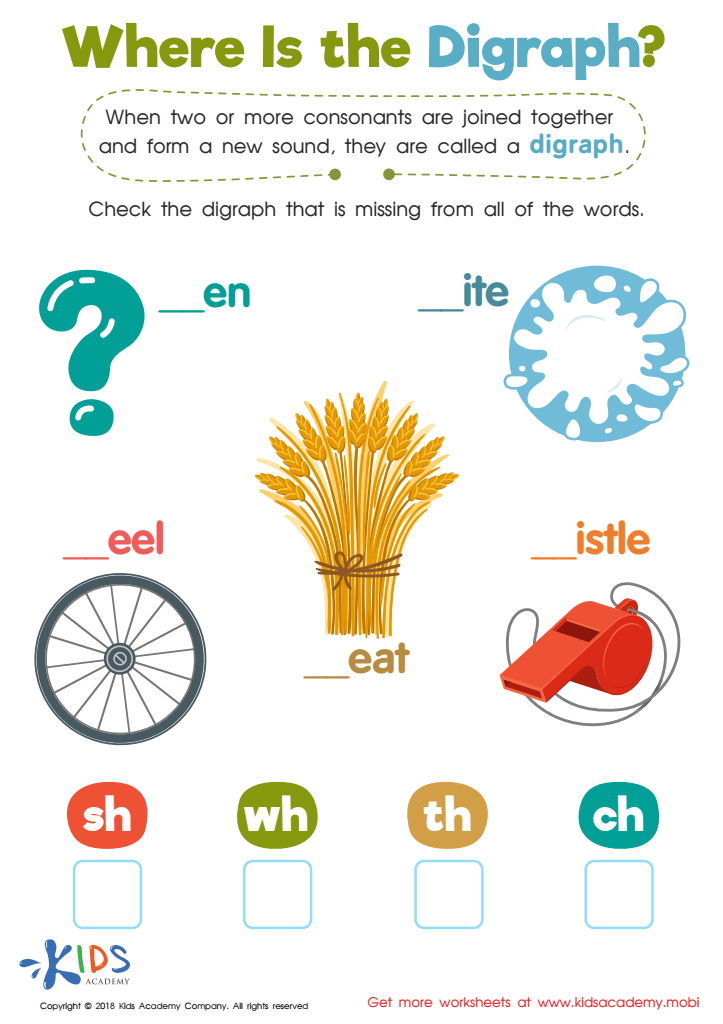

Where Is the Digraph? Worksheet
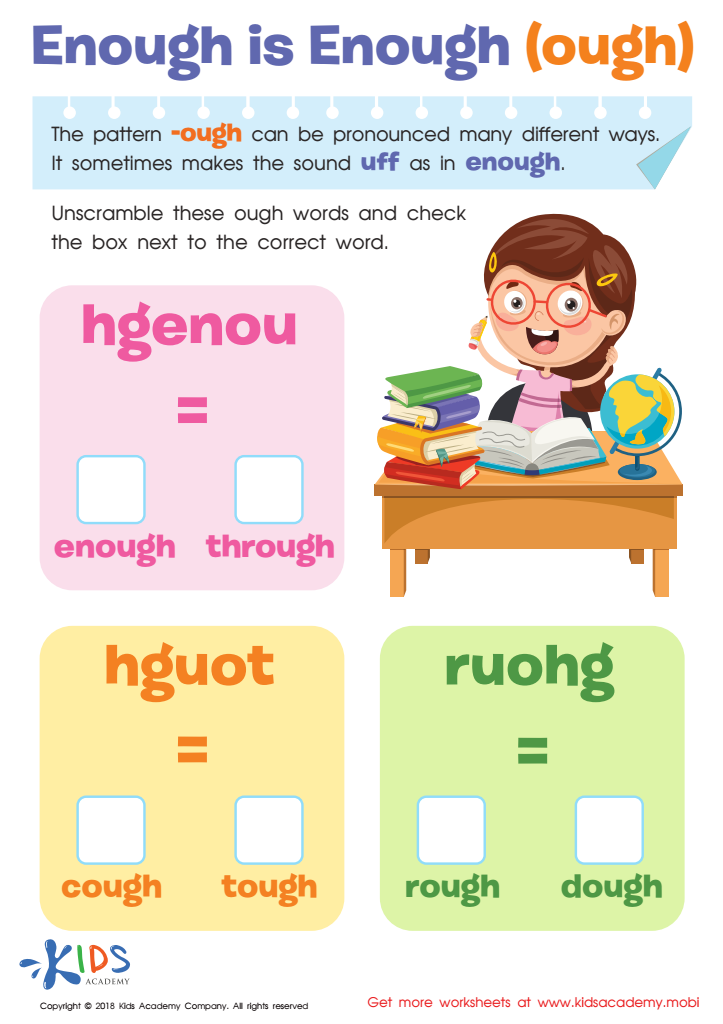

Enough Is Enough (ough) Worksheet
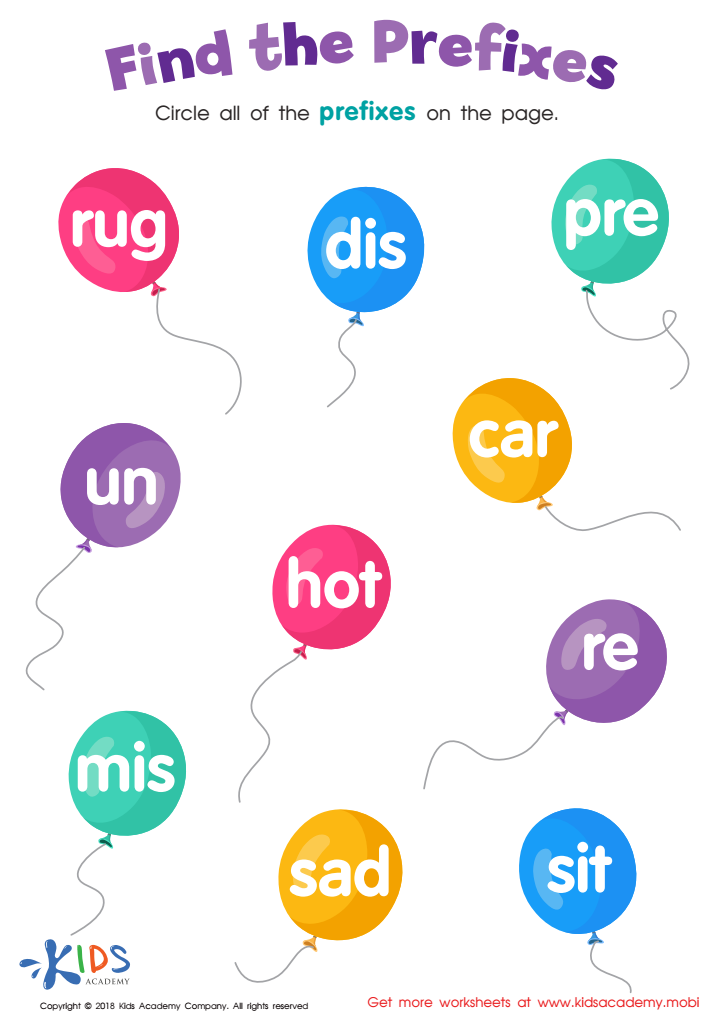

Reading: Find the Prefixes Worksheet
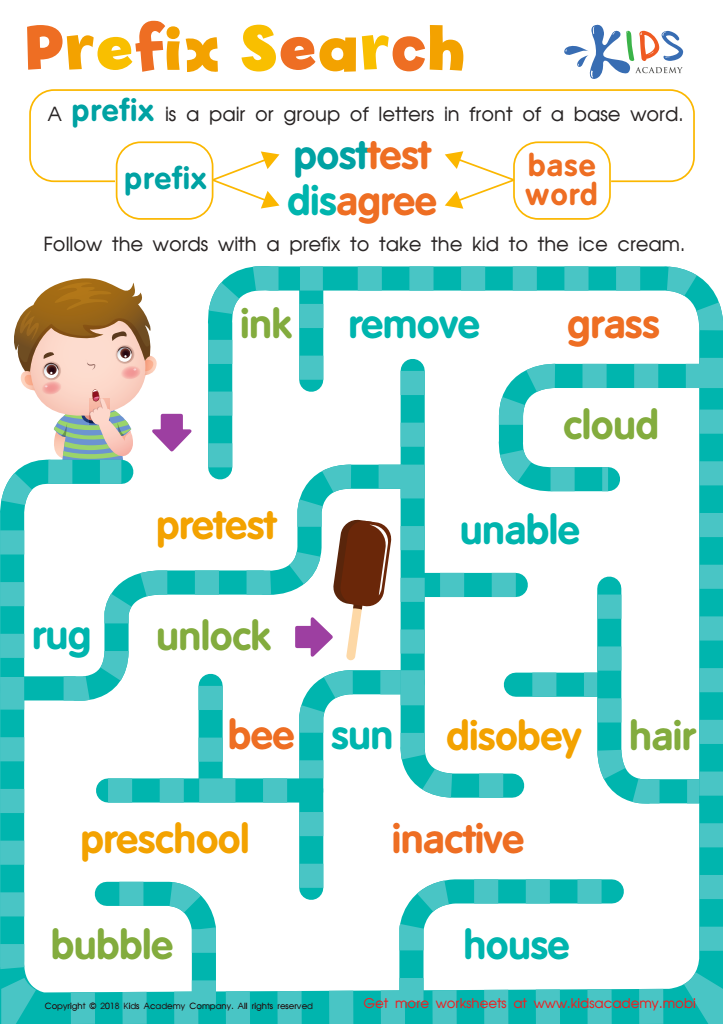

Reading: Prefix Search Worksheet
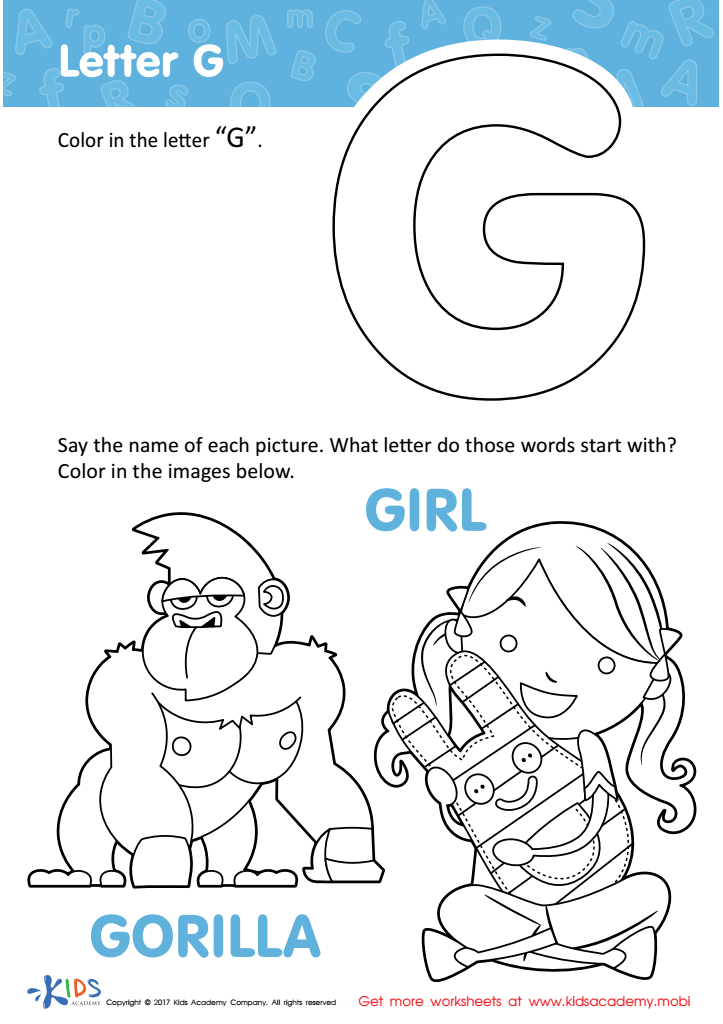

Letter G Coloring Sheet


Words with sound p Reading Worksheet
Vocabulary building is crucial for children aged 6-7, as it lays the foundation for effective communication and academic success. At this stage, children are developing literacy skills, and a strong vocabulary enhances their reading comprehension and writing abilities. A well-established vocabulary helps kids express their thoughts and emotions clearly, fostering confidence in their interactions with peers and adults.
Parents and teachers should prioritize vocabulary building for several compelling reasons. First, it enriches language skills, which are integral to understanding subjects across the curriculum—from science to social studies. With a robust vocabulary, children can better grasp new concepts and ideas, ultimately improving their overall learning experience.
Moreover, vocabulary development is linked to cognitive growth, promoting critical thinking and problem-solving skills. Engaging children in discussions that encourage the use of diverse words allows them to explore and articulate their understanding of the world around them, enhancing their inquisitive nature.
Additionally, strengthening vocabulary at this age supports social interactions, helping children build friendships and work collaboratively. Overall, parents and teachers play a crucial role in creating a rich language environment, ensuring kids not only excel academically but also thrive socially and emotionally. Prioritizing vocabulary building is an investment in a child’s future success.
 Assign to My Students
Assign to My Students













